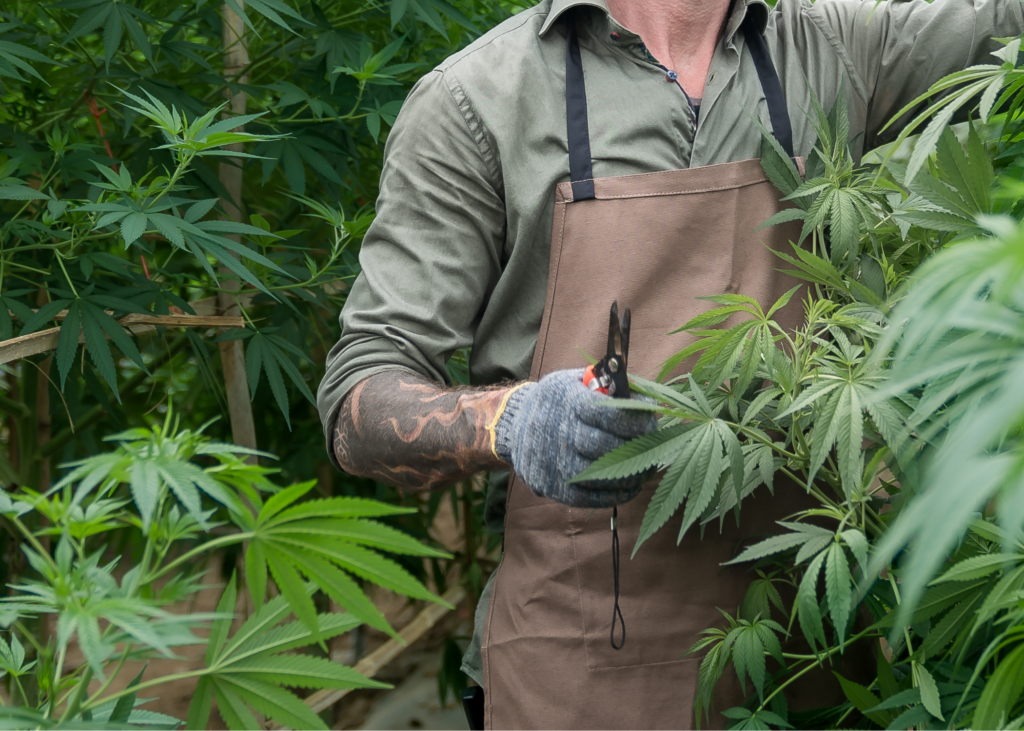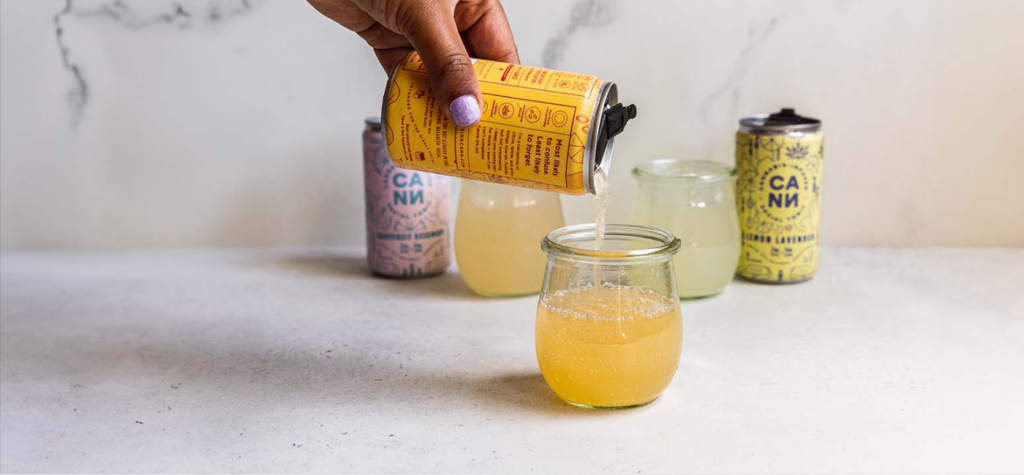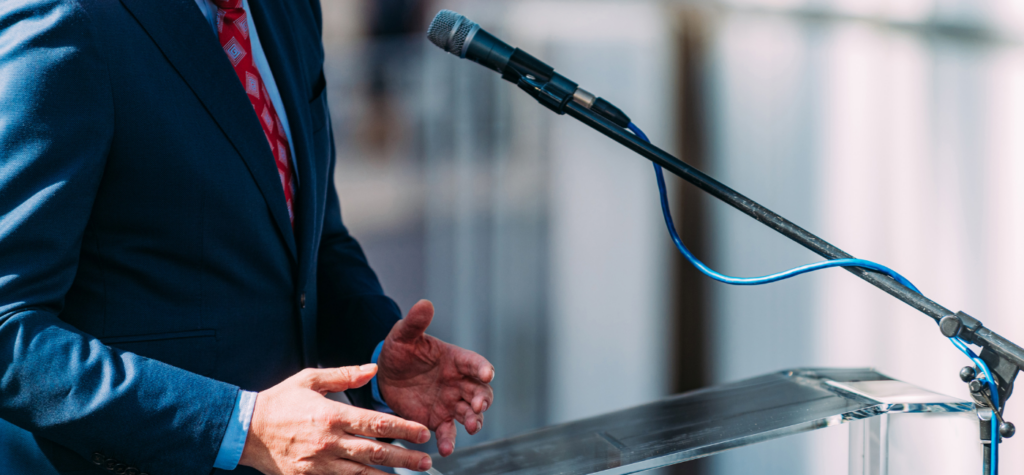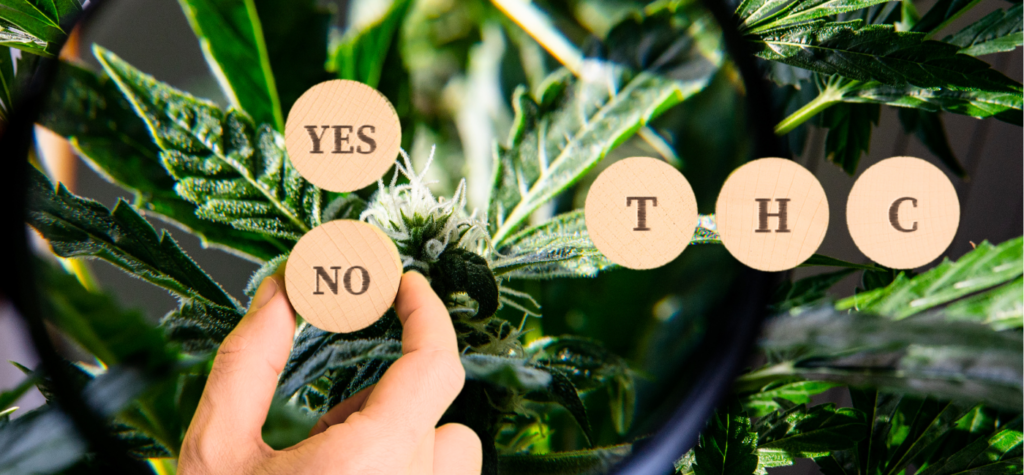Cannabis, Hemp And THC: Psychoactive Hemp Gains Ground As States And Others Push Back — Part 2

Part 1 of this 2-part series on Cannabis and Hemp examined the growth of psychoactive hemp and how it has put an additional burden on an already beleaguered cannabis industry. In Part 2, 420CPA looks at the cannabis industry’s attempts to force the genie back into the bottle.
Reprinted with the permission of Beard Bros.
Legal Cannabis Pushes Back on Psychoactive Hemp Loophole
While some cannabis operators embrace psychoactive hemp to capture new market share, others are pushing back against hemp’s lack of restrictions and view it as a loophole. Hemp-derived THC has been banned by Arkansas, Alabama, Virginia, Wyoming, and Arizona. Laws have recently been proposed in California, Nebraska, Florida, South Dakota, and Tennessee.

On March 10, 2024, the attorney generals from twenty states and the District of Columbia sent a joint letter to Congress regarding the Five-Year Reauthorization of the Farm Bill urging “your committees to address the glaring vagueness created in the 2018 Farm Bill that has led to the proliferation of intoxicating hemp products across the nation and challenges to the ability for states and localities to respond to the resulting health and safety crisis” and estimating this “gray market” of psychoactive hemp at $28 billion. Of the twenty states, nineteen have either medical or recreational cannabis markets – only Kansas is fully illegal.
THC-Infused Psychoactive Hemp Beverages – The Liquor Industry Responds
With $6 billion in sales in 2023, Total Wine is the largest alcohol retailer in the U.S. The company began selling THC-infused hemp drinks in November 2023 (max dosage per can: 10mg Delta-9 THC). According to Atmosphere owner Matthew Nathaniel, Total Wine responded to the letter from the 21 attorneys general with the gist of their response being that “Total Wine is prepared to defend their right to sell these products.” Nathaniel noted that “The Wine and Spirits Wholesalers of America is behind hemp as well.”

Georgia and California Trying to Corral Psychoactive Hemp
Georgia, a medical cannabis state, is in the process of passing a new law (SB 494) which would put strong guardrails around the state’s hemp industry. Manufacturers and sellers of consumable hemp products would need to be licensed, and most significantly, hemp flower would be required to be measured for Delta-9 THC after it has “undergone decarboxylation [heating] “such that all delta-9-THCA in the sample has been converted to delta-9-THC or 2) by identifying the amount of delta-9-THCA multiplied by 0.877 plus the percentage by weight…of delta-9-THC.” Passage of SB 494 would effectively eliminate most hemp flower but should leave drinks and other low-THC products available for sale.
California, with AB 2223, is attempting to have all hemp consumables incorporated into the state’s METRC trace and trace system, to be manufactured and sold only by businesses with cannabis licenses. Like Georgia’s SB 494, AB 2223 moves beyond the 0.3% amount of Delta-9 THC in the dry weight product and instead focuses on the much higher “level of total THC that can be in an industrial hemp final form product, and prohibit the manufacture, distribution, or sale of an industrial hemp product that contains a synthetically derived cannabinoid.” [emphasis ours]
The Cannabis Council Weighs in on Closing Psychoactive Hemp Loophole Fairly
While some MSO’s have begun selling hemp, or are at least considering it, many are working to pressure state and federal legislators to have psychoactive hemp products removed from the distribution. According to Forbes, many “large cannabis companies that operate legal dispensaries across the country want to see hemp products removed from the market. In early April, Edward Conklin, the executive director of the U.S. Cannabis Council, a trade organization whose members include publicly traded marijuana companies such as Ayr, Green Thumb Industries, Curaleaf, Cresco Labs, and Verano, sent a letter to Congress calling on lawmakers to treat intoxicating hemp products as controlled substances, the same as marijuana. Conklin describes the legalization of hemp-derived cannabinoids as a “national crisis.”

The Council is recommending that this additional definition of hemp be included in the Farm Bill when voted on in September: “products in final form intended for human or animal consumption which … contain detectable quantities of total THC … shall be excluded from the current definition of hemp and considered marijuana …”
“This proposal protects the allowances granted to farmers, allowing legitimate agricultural and industrial hemp producers the flexibility they need to navigate the changing plant characteristics when growing in the field, while taking away the loopholes that have created the current gray market environment for unregulated hemp-derived intoxicants,” Conklin writes. “The recommendation makes clear that products containing intoxicants which are derived from the Cannabis sativa L. plant cannot be defined as ‘hemp.’”
Regulating Psychoactive Hemp – 2 Friends on Opposite Sides of the Fence

420CPA recently talked with two friends on opposite sides of the hemp fence. Jeff Koz co-owns iconic cannabis cookie company, Dr. Norm’s. Attorney Ethan Feffer, former general counsel for Weedmaps, owns national hemp drinks brand, DrinkSprig.com.
“I know Ethan will say otherwise,” Koz said, “but synthesizing psychoactive cannabinoids from hemp is a loophole. It’s not what congress intended. The public’s getting untested products with unknown potencies, possible pesticides, heavy metals, solvents – you name it. We’re talking about highly potent products that aren’t regulated that even kids can buy. Not only that, but the good actors in the cannabis industry must abide by tax and licensing requirements and safety regulations that are very costly compared to whomever is selling this to unlicensed storefronts. This really has nothing to do with legalizing hemp, and it’s certainly not fair to legal cannabis!”
Feffer acknowledges his friend’s frustration, and that there are some bad actors out there. “Although pretty much all hemp’s tested,” Feffer said, “some companies do create high-potency products and then ship them all over the country. They can fall into the hands of under-age kids.”
However, with proper safeguards, Feffer sees a way for cannabis and hemp to co-exist where low-potency psychoactive hemp products are sold throughout the country in liquor stores. “This would be a much safer, more controlled environment,” Feffer says. “Liquor stores are very good at making sure purchasers are age appropriate. Minnesota has done this.”

(Minnesota requires all businesses that sell hemp products be registered with the state and check purchasers’ ID’s to confirm 21 years of age or older. Hemp products must only be in the form of a beverage or edible, must be tested, and may only be 5mg THC per serving and 10mg total.)
“At 0.3%, Congress intended for hemp to be light,” says Feffer. “The peacemakers are saying the legit hemp stuff isn’t competing with the stronger dispensary stuff.” (DrinkSprig.com sells 2-serving cans with 10mg and 20mg of Delta-9 THC per can, while Dr. Norm’s cookies and other products start at 10mg of Delta-9 THC per serving and go up to servings with 100mg.)
Hemp’s Uncertain Future
The courts have chosen a relatively “hands-off” approach to hemp so far, but many states are looking to muzzle it or eliminate its psychoactive usage altogether.
The five-year 2018 Farm Bill was supposed to be re-upped by Congress in 2023. However, due to wrangling around psychoactive hemp, as well as other issues, that decision has been put off until September 2024. Whether arguments from the twenty states’ attorneys general and other cannabis industry supporters will cause the hemp portion of the 2018 Farm Bill to be altered to exclude IHDs remains to be seen.

For now, we have a largely unregulated national psychoactive hemp industry putting an already embattled state-level cannabis industry under further strain. Time will tell if the two related “siblings” will figure out how to work together in peace or whether some sort of resolution ends up being forced upon them which is anathema to one or the other.
This article presents analysis which might not be appropriate for every tax situation. 420CPA recommends consulting with a tax professional about your company’s specific circumstances.
Reprinted with the permission of Beard Bros.
About Rachel Wright and 420CPA
420CPA provides accounting, tax, and consulting to small to medium sized cannabis companies along the vertical and in varying stages of maturity in their business growth. Rachel Wright CPA and her team guide founders, their management team, investors, and adjacent professionals to successfully navigate the complexities of the tax landscape and to achieve their financial objectives.





